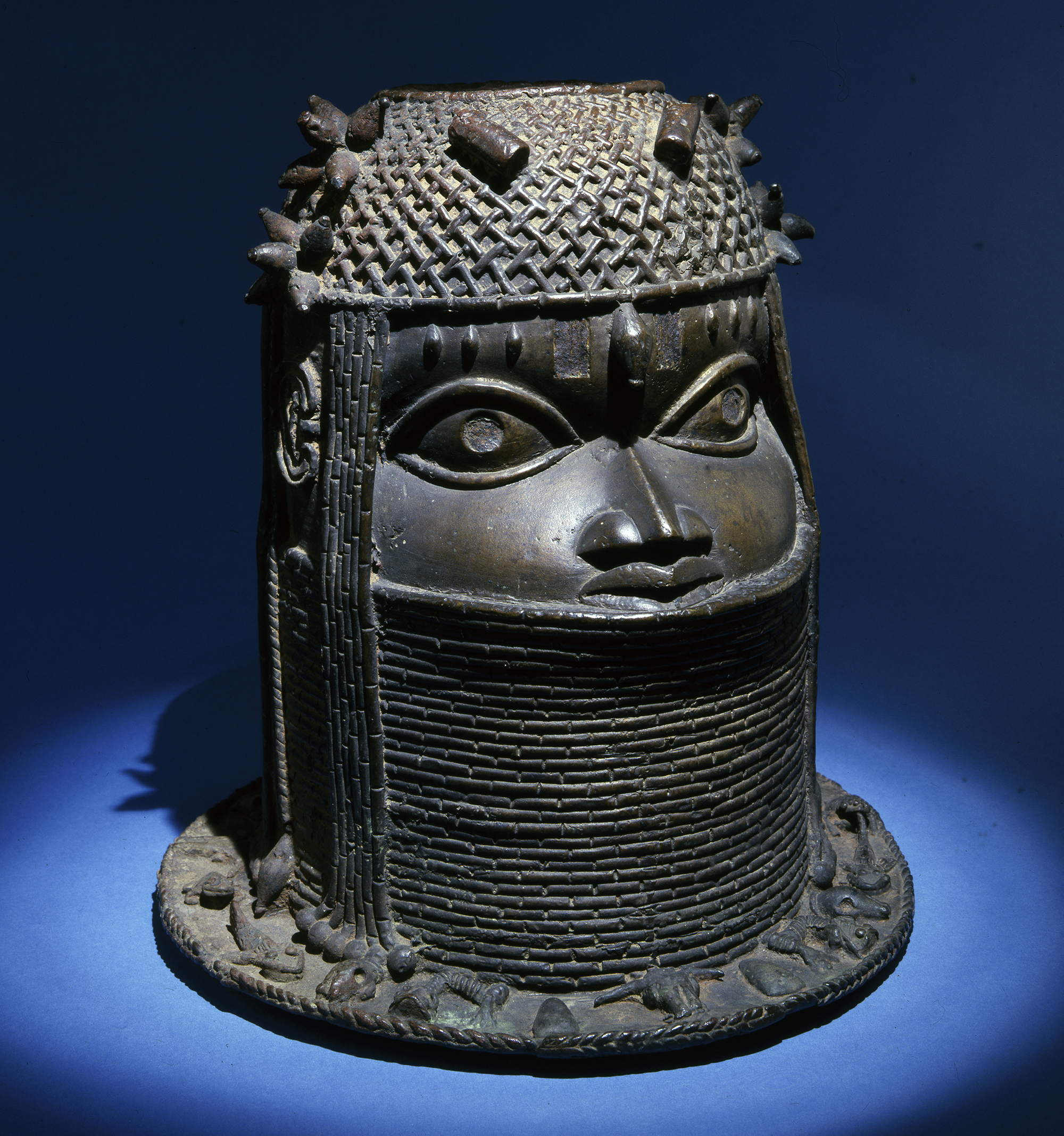Here is the text of my speech:
Two
nights days ago, another black man, Rayshard Brooks, was gunned down by the police in Atlanta. Someone had called the
police on him. And when two white officers showed up, there was a rough up. Rayshard
took one officer’s Taser and ran. Seconds later, they pumped bullets into his
body and went about searching for the casings while Rayshard bled to death. What was his crime? Sleeping in his car
in a parking lot.
For
the past three weeks, we watched thousands, in cities large and small, take to
the streets to express their outrage at the terrible incident in Minneapolis on
May 25. We all watched in disgust as a white police officer knelt on the neck
of George Floyd, and for nine
minutes squeezed the life out of him in broad daylight. What was his crime? They suspected him of using a counterfeit 20-dollar
bill.
The
loathsome murder of Floyd has rightfully awakened America to the ugliness of a
history that reaches back hundreds of years. This history began with the sale,
humiliation, dehumanization and exploitation of black people shipped from
Africa to build, unpaid, the powerful nation that America is today. And, for
long black people have cried out, begged, revolted, and campaigned against the
regime of oppressive violence that marked their existence in the United States.
For
long, white America, ignored the condition of black Americans, even after they were
granted full citizenship and given the benefit of equal rights under the law.
For long, black people have waited, prayed, and hoped that the transformation
of the police—an institution that openly terrorized black people in the era of
slavery and Jim Crow—would be complete, and that black encounters with the
police, no matter how ordinary, do not end in injury, trauma or death. The
murder of George Floyd by the police, it seems, has done what countless others
could not do; it seems to have ignited the moral outrage of white America about
an age-old black experience.
Yet,
the murder of George Floyd, Rayshard Brooks, Breonna Taylor and countless other black men and women is not just an
indictment on the police; it is an indictment on any town or county or state
that hires the police, arms them and demands of them to maintain law and order
by any means necessary. We do all this and not accept that the failures our police
is on us?
Each
American that excuses state-sanctioned violence, celebrates our gun culture, and
ignores the transformation of police in black neighborhoods into occupying
forces is responsible for the morbid outcome of America’s investment in a
culture of forceful policing of black people and black communities.
Beyond
ongoing debates about reforming or defunding the police, each one of us must
ask ourselves tonight:
Am
I willing to stop not only police killings of the George Floyds, Rayshad Brooks,
Breonna Taylors, Eric Garners, and Sandra Blands but to actively seek the end
of the systemic racism that undervalues black lives, black experience and black
citizenship? Do I want retain an America in which white people’s comfort
depends on the oppression and exploitation of black and other racial minorities?
And, are we willing and ready to accept that racism in America was invented and
maintained by white people; and that it is white people’s burden to end it?
When
I see the unprecedented diversity of the people out in America’s streets demanding
for justice for George Floyd; when I see the thousands of youths—including the
co-organizers of tonight’s vigil—call for drastic change, I am hopeful.
The
past and present failed black people in America; the youths of today, inspired
by the irrepressible leaders of BlackLives Matter, must decide on a different and just future, for America’s
sake.
Each
of us, especially the white people here tonight, must be the change we want to
see in our society, and that change starts with how we see and relate with
black people in our families, neighborhoods, schools, towns, and counties. If we
do not commit, in our daily lives, to the end of individual or systemic racism in
America, no amount of candlelight vigils for George Floyd, or for the next
black victim of police violence, will save us from the indictment of history.







